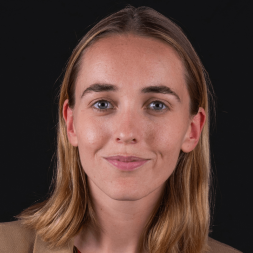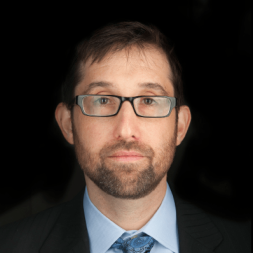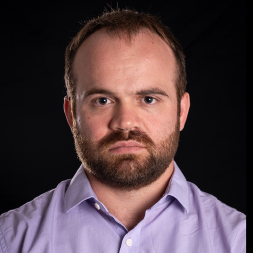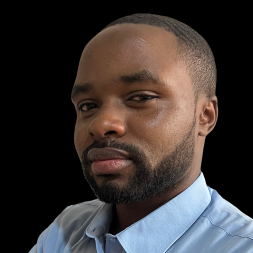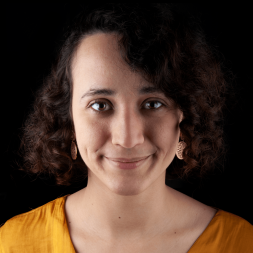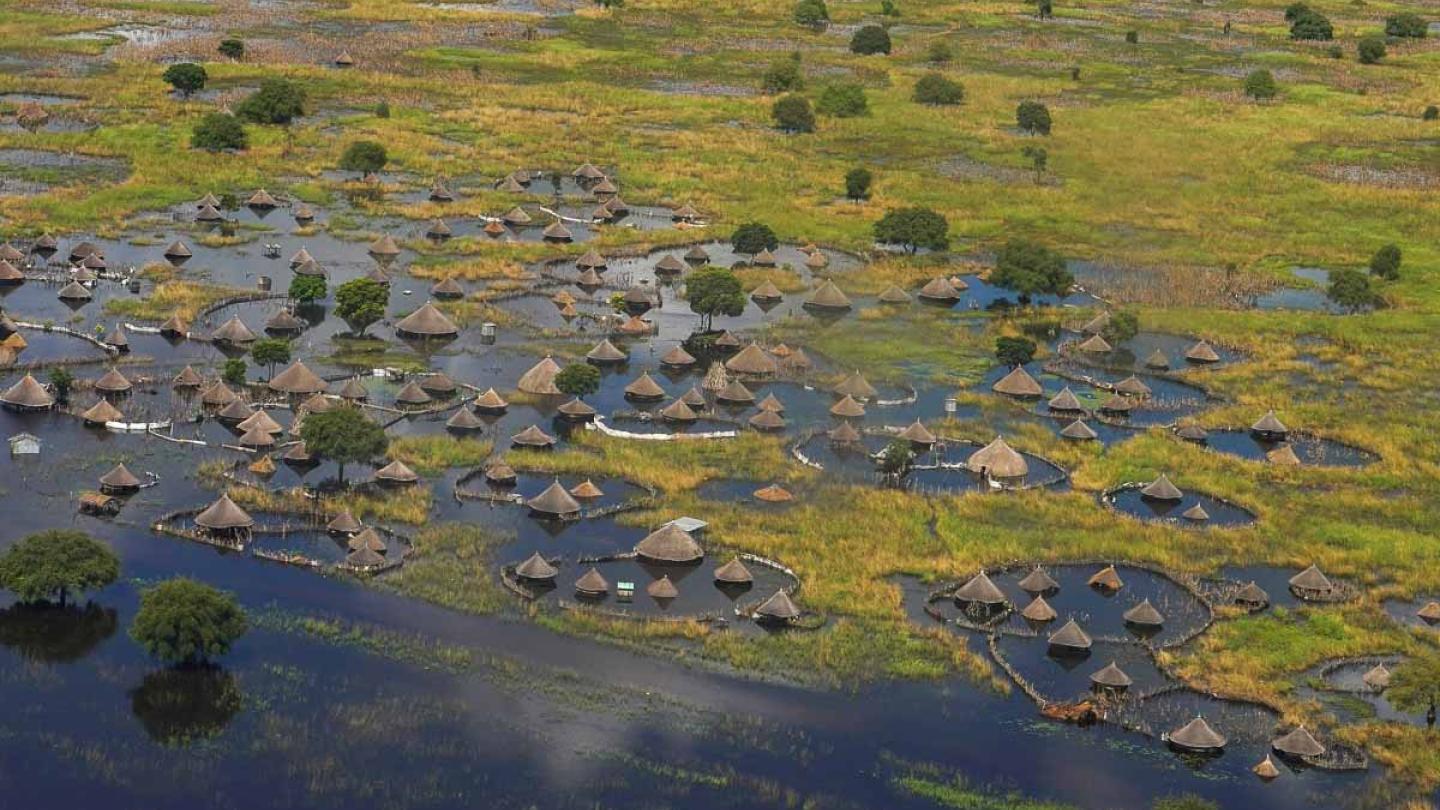
About eEARTH
Anticipating Risk, Averting Deadly Violence
eEARTH is an early warning system from the International Crisis Group that combines advanced data monitoring with deep field expertise to anticipate and prevent resource-related conflict. Developed through extensive work on climate security risks in the Horn of Africa, our platform is designed to detect signs of instability, whether from scarcity or abundance, before they escalate.
The Challenge: A New Era of Conflict
As the international order fractures, natural resources increasingly sit at the centre of modern conflict. Diplomacy yields to coercion, while weaponised trade and sanctions amplify economic stress. At the same time, collapsing norms erode cooperation over shared resources, particularly in water diplomacy, where upstream states neglect downstream consequences. Climate change is a powerful threat multiplier, accelerating these pressures through extreme weather that destroys harvests, empties reservoirs and fuels instability.
Traditional early warning systems are not up to the task. They often operate in silos, analysing climate, economic and political risks in isolation rather than as interconnected crises. Decision-makers are left unaware of brewing conflicts that demand an integrated, anticipatory response.
Our Approach: An Integrated View of Risk
eEARTH provides a comprehensive, multi-layered view of how resource pressures can lead to political violence. The platform’s initial focus is on the critical interplay among climate, food and water security, across three integrated layers:
- Systemic Trends: We track sources of stress from global forces like geopolitical competition and climate change; to regional dynamics like transboundary disputes; to national fragilities like political instability and economic shocks.
- Sectoral Vulnerability: Our methodology is built to monitor how these trends strain the critical resource systems that populations and states depend on for survival, revenue and stability.
- Conflict Risk: We identify where and how sectoral stress interacts with political and social vulnerabilities to escalate into violence, whether by threatening a community’s survival or by creating resource windfalls that shift power between armed actors.
Our Unique Advantage: Fusing Technology with Human Insight
Data alone cannot predict conflict. eEARTH’s core strength is the synthesis of cutting-edge technology with the unmatched qualitative insights from Crisis Group’s analysts.
We harness advanced tools – from satellite monitoring and data analytics to machine learning capabilities – to detect early environmental and economic signals that others miss. Critically, it is our global network of analysts, covering developments in over 70 conflicts and crises every month, who explain why these signals matter. Drawing on information from local leaders, armed groups and government officials, our experts explore the political dynamics beneath the data, whether the elite bargains threatened by a food price shock or the local tensions brewing over a water dispute.
This fusion of human intelligence and technological monitoring transforms data into actionable, strategic foresight, making our warnings both accurate and uniquely valuable.
How We Deliver Insight
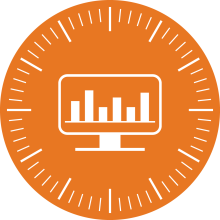
Risk Monitoring
We use geospatial analysis and artificial intelligence, verified by experts, to identify and rank risks across regions. Insights are delivered through an interactive dashboard, informing risk assessments and mitigation plans.
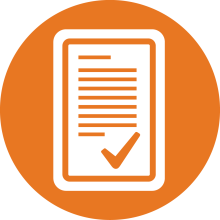
Publications
From in-depth reports to shorter, targeted pieces, we distil subnational developments on resource access and control, facilitating informed decisions that balance technical and political considerations.
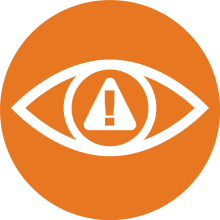
Risk Outlooks and Alerts
We issue timely notifications when trouble looms, enabling on-the-ground practitioners and policymakers to act quickly and mitigate potential crises.
The Team behind the Technology
Our eEARTH team brings together leading experts in conflict analysis, early warning systems and geospatial and social sciences. We have a track record of shaping policy through on-the-ground research. We have contributed to pivotal discussions at global forums including the UN Security Council and annual climate change conferences (COP), informed debates within regional organisations such as the African Union, and provided critical insights for national security deliberations and diplomatic missions worldwide. Crisis Group’s global network ensures that our advice reaches key decision-makers at all levels of climate security response.
Photo Credit: An aerial view shows flooded homes within a village after the River Nile broke the dykes in Jonglei State, South Sudan October 5, 2020. REUTERS/Andreea Campeanu


